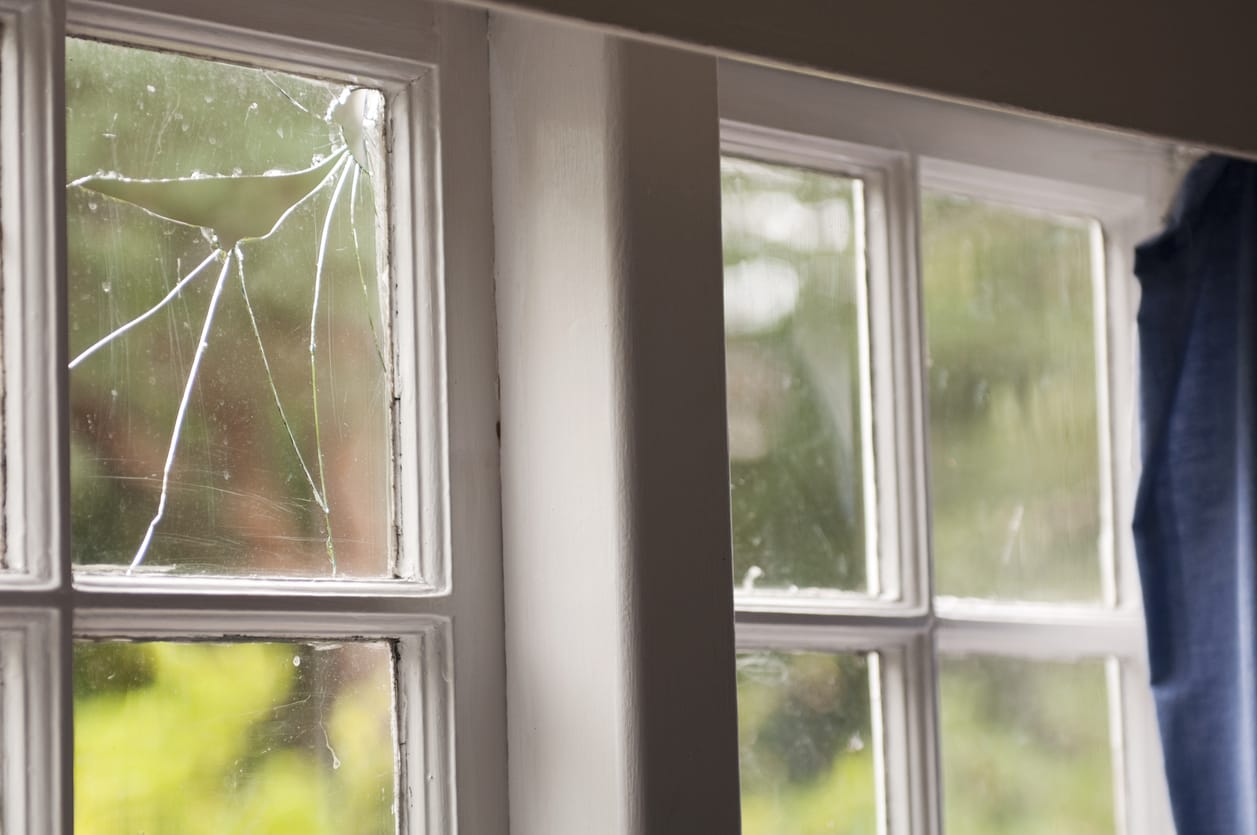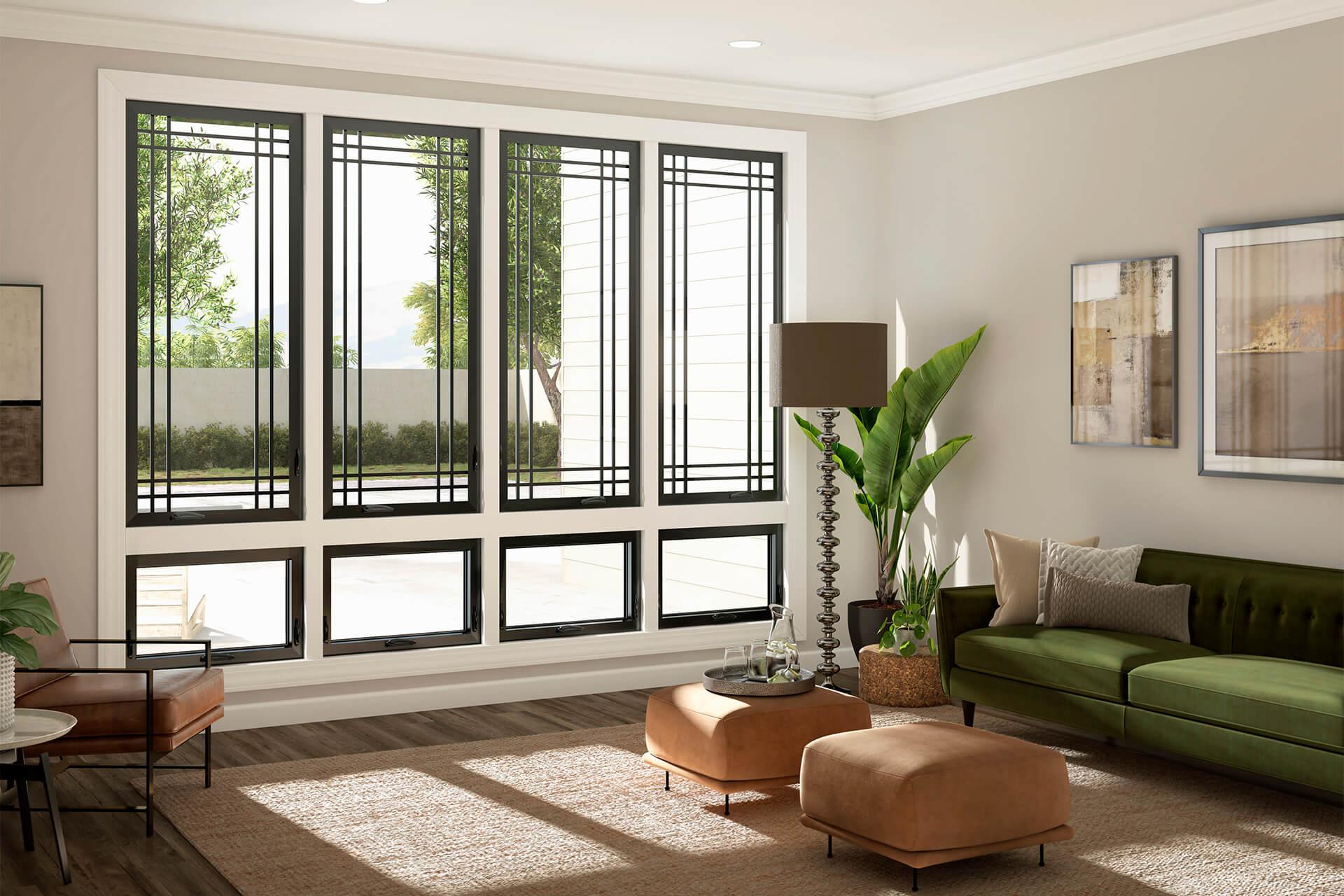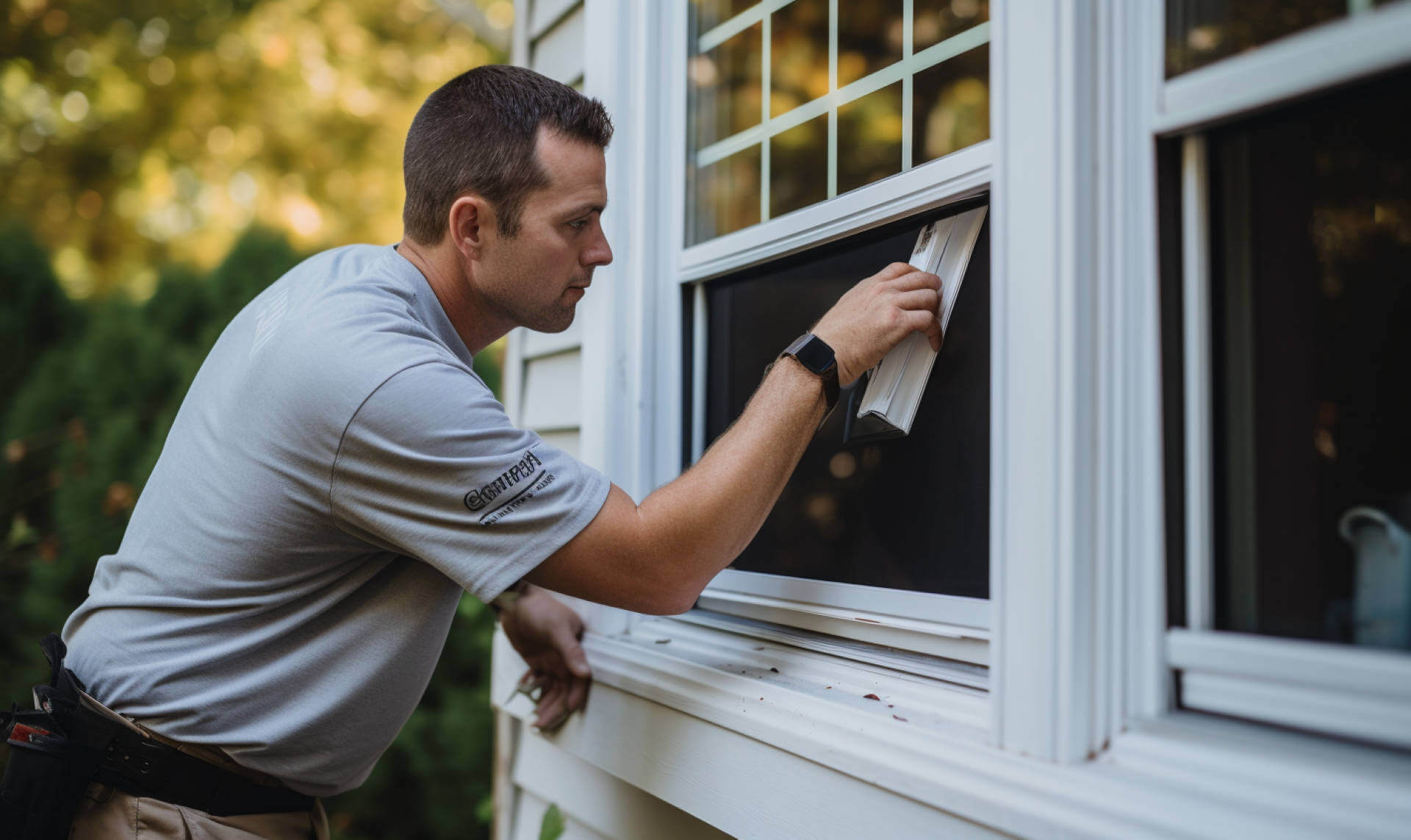Efficient Richmond Window Replacement for Improved Energy Performance
Efficient Richmond Window Replacement for Improved Energy Performance
Blog Article
Upgrade Your Home With Energy-Efficient Window Replacements
In the world of home enhancement, the choice to update to energy-efficient home window substitutes can significantly impact both the capability and visual appeals of a house (Houston window replacement). As home owners seek methods to boost the efficiency and sustainability of their space, the selection of windows plays a crucial function in accomplishing these goals. Past the surface area level of mere appearances, energy-efficient windows use a multitude of benefits that go past plain aesthetic charm. With a cautious selection process that thinks about various factors, from glass kinds to setup strategies, getting started on this home upgrade trip could verify to be a transformative venture.
Advantages of Energy-Efficient Windows

The installment of energy-efficient home windows provides considerable financial savings on energy costs while boosting environmental sustainability. Energy-efficient windows are made to decrease heat loss and gain, decreasing the need for heating and cooling systems to function overtime. By effectively insulating the home, these home windows assist keep a comfy indoor temperature year-round, causing reduced power intake and reduced energy prices. Additionally, energy-efficient home windows can help manage dampness degrees within the home, minimizing the risk of mold and mildew development.
Beyond the economic benefits, energy-efficient home windows contribute to ecological sustainability by lowering carbon exhausts associated with energy production. Overall, investing in energy-efficient home windows not just improves the convenience and performance of a home but also lines up with eco aware techniques.
Kinds Of Energy-Efficient Glass
Various sophisticated sorts of energy-efficient glass deal special homes that accommodate various requirements and preferences in boosting the sustainability and performance of structures. Low-emissivity (Low-E) glass is a popular choice created to decrease the amount of ultraviolet and infrared light that can go through the glass, thereby minimizing heat transfer. This sort of glass helps keep a consistent interior temperature level, lowering the requirement for heating or cooling down systems, and eventually decreasing energy costs. An additional ingenious alternative is spectrally careful glass, which enables visible light to travel through while blocking certain kinds of infrared radiation. This aids in preserving a comfy interior atmosphere while minimizing warmth gain. Triple-pane glass, containing 3 layers of glass with shielding gas between them, gives enhanced thermal insulation, making it highly energy-efficient. Furthermore, self-cleaning glass with a special finishing that breaks down and loosens dirt when subjected to sunlight can lower upkeep needs and maintain home windows looking clean. Each kind of energy-efficient glass provides distinctive advantages, allowing home owners to select one of the most ideal option based upon their certain demands and objectives.
Variables to Take Into Consideration When Selecting
When pondering energy-efficient home window substitutes, it is crucial to meticulously examine particular variables that line up with your sustainability purposes and wanted energy cost savings. The U-factor measures just how well the window insulates, with reduced numbers suggesting much better insulation, while the SHGC suggests the home window's capability to obstruct warmth from sunshine. By very carefully evaluating these variables, you can choose energy-efficient home windows that improve convenience, decrease power expenses, and benefit the setting.
Installment and Maintenance Tips

Regular maintenance is essential to protecting the performance of your energy-efficient home windows. Inspect the home windows regularly for any signs of damages, sealant, or wear deterioration. Tidy the frameworks, tracks, and glass on a regular basis using moderate soap and water to get rid of dust and grime that can affect performance. Inspect the weather-stripping and seals for any kind of gaps or rips and change them if required to keep the home windows' power use this link efficiency.
Furthermore, oil relocating parts such as locks and joints to ensure smooth operation. By following these setup and maintenance suggestions, you can boost the energy effectiveness of your home and prolong the life-span of your energy-efficient windows.
Cost-Benefit Evaluation of Upgrading

Energy-efficient home windows are designed to decrease warmth transfer, lowering the need for heating and cooling systems to work overtime. This can bring about substantial financial savings on power expenses, particularly in regions with extreme temperatures. Additionally, energy-efficient windows can enhance the total value of your home, making it extra appealing to prospective buyers if you make a decision to market in the future.
When computing the cost-benefit evaluation, consider the prospective financial savings on energy bills, any type of available incentives or refunds, and the life expectancy of the windows. While the first expense may be higher, the long-lasting cost savings and benefits of energy-efficient home windows make them a clever financial investment for homeowners looking to improve their residential property's power effectiveness and worth.

Conclusion
To conclude, upgrading to read energy-efficient home window substitutes uses numerous benefits such as minimized power intake, boosted comfort, and cost financial savings. By selecting the appropriate kind of energy-efficient glass and considering variables like framework product and setup, house owners can optimize the effectiveness of their windows. Routine maintenance and appropriate setup are vital for long-term performance. Overall, the cost-benefit analysis of updating to energy-efficient home windows reveals that the preliminary financial investment can result in significant savings over time.
When pondering energy-efficient window substitutes, it is important to very carefully evaluate particular factors that align with your sustainability goals and preferred energy financial savings. The U-factor procedures how well the window insulates, with lower numbers suggesting far better insulation, while the SHGC indicates the home window's ability to obstruct heat from sunlight. By very carefully examining these elements, you can choose energy-efficient windows that improve comfort, lower energy expenses, and benefit the setting.
While energy-efficient home windows might have a greater in advance expense contrasted to traditional windows, the lasting benefits typically outweigh the first financial investment.In final thought, upgrading to energy-efficient window replacements offers countless advantages such as decreased energy intake, enhanced comfort, and price financial savings.
Report this page